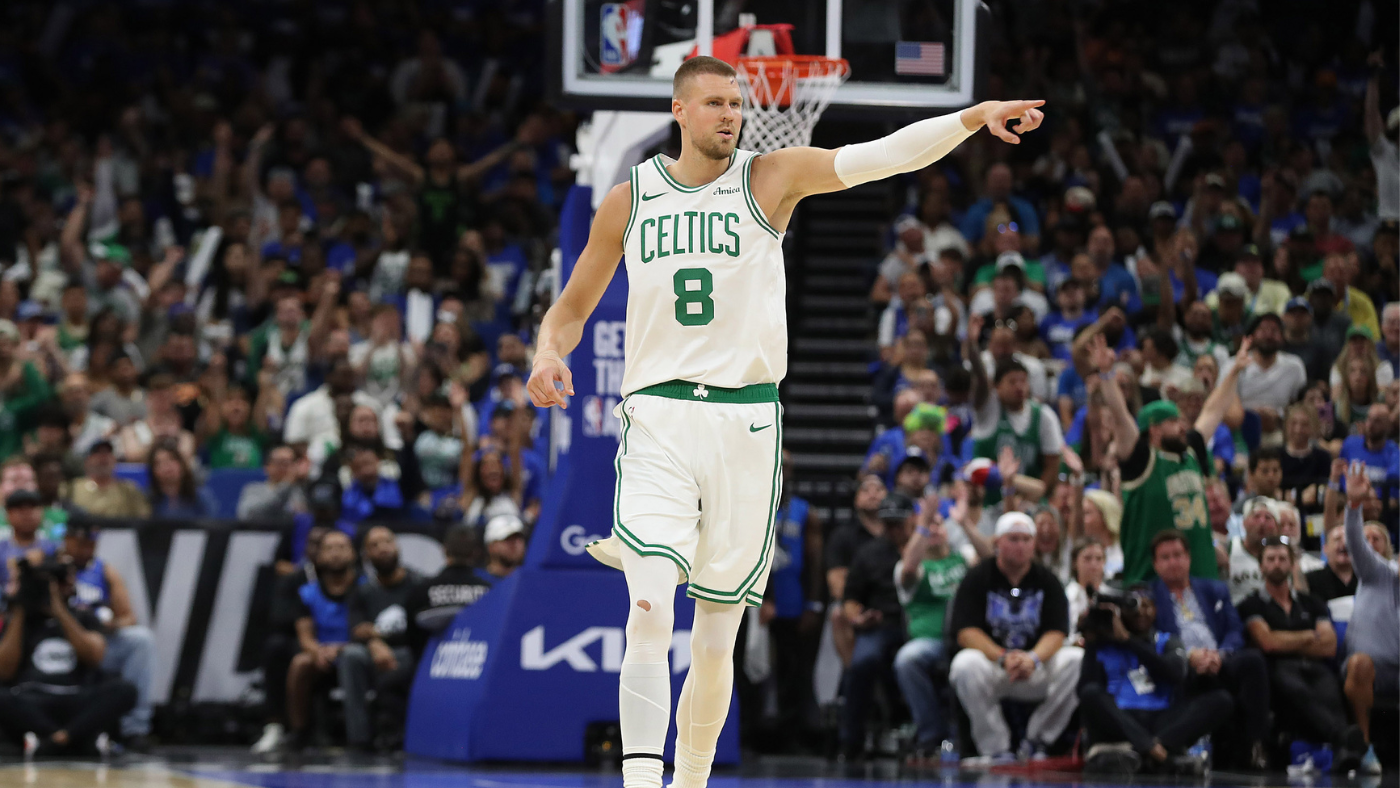Kristaps Porziņģis embarks on a pivotal new chapter in his NBA career, transitioning to the Atlanta Hawks this summer after a impactful yet injury-riddled tenure with the Boston Celtics. His candid reflections reveal a surprising perspective on why this move, despite departing a championship-winning team, presents a more favorable situation than the high-stakes environment he experienced in Boston. The NBA Trade involving Porziņģis has certainly sparked considerable debate among fans and analysts alike.
In Boston, the prevailing sentiment was undeniably “championship or bust,” a pressure cooker atmosphere that Porziņģis candidly admitted carried significant downsides. While he played a crucial role in the Celtics’ 2024 title run, delivering pivotal performances like his Game 1 outburst against the Dallas Mavericks in the Finals, the constant demand for ultimate success created an unrelenting mental and physical strain on the players. This intense pressure often overshadows individual player development and team dynamics.
The catalyst for Porziņģis’s departure stemmed from a confluence of strategic team decisions, primarily triggered by Jayson Tatum’s unfortunate Achilles injury during the playoffs and Boston’s concerted effort to navigate the restrictive second tax apron. These financial and roster constraints necessitated difficult choices, leading to the trade of both Porziņģis to the Atlanta Hawks and Jrue Holiday to the Brooklyn Nets, alongside not re-signing Al Horford, to mitigate severe luxury tax penalties associated with maintaining an excessively expensive roster.
Despite the emotional complexity of leaving a championship-winning squad, Kristaps Porziņģis articulated a clear vision for his future with the Hawks, viewing it as a significantly improved professional landscape. He expressed to reporters that the expectations in Atlanta, while still high, are more manageable and conducive to growth. This newfound perspective highlights a desire for an environment where performance can be measured against more realistic benchmarks, fostering a sense of accomplishment without the immense burden of immediate title contention.
Porziņģis specifically noted that Atlanta, having been consistently on the cusp of the playoffs in recent years, offers a fertile ground for him to make a substantial impact. He sees it as a scenario where the team can genuinely “surprise some people in the East,” leveraging the talents of Trae Young and Jalen Johnson, who are poised to carry significant offensive and defensive loads. This perceived ease of “exceeding expectations” resonates deeply with the Latvian big man.
Conversely, the Boston Celtics now face the challenge of re-evaluating their roster depth, which historically underpinned their dominance. With key departures and injuries impacting players like Jayson Tatum and Jaylen Brown, the team’s once-formidable bench strength has transformed into a potential vulnerability. This retooling phase is critical for Boston to regain its contender status, even upon Tatum’s eventual return.
From a long-term strategic perspective, the comparison between the two franchises becomes even more compelling. The Celtics, having just secured a championship, may have faced a narrower contention window, necessitating a rapid retooling to remain elite. In contrast, the Atlanta Hawks, with their promising young core—many under 25, including Zaccharie Risacher and VJ Edgecombe—theoretically possess a longer runway to develop into a consistent contender, offering a potentially more stable and ascending trajectory for Porziņģis’s prime years. This shift in NBA Expectations is a key narrative point.
Ultimately, the success of Porziņģis’s move will depend on both his individual performance and the Hawks’ ability to capitalize on their promising young talent. His decision underscores a deeper narrative in professional sports: that sometimes, a less pressured environment can lead to greater personal and collective success than the relentless pursuit of immediate championships. This insight provides valuable context for understanding modern Basketball News and player motivations.






Leave a Reply